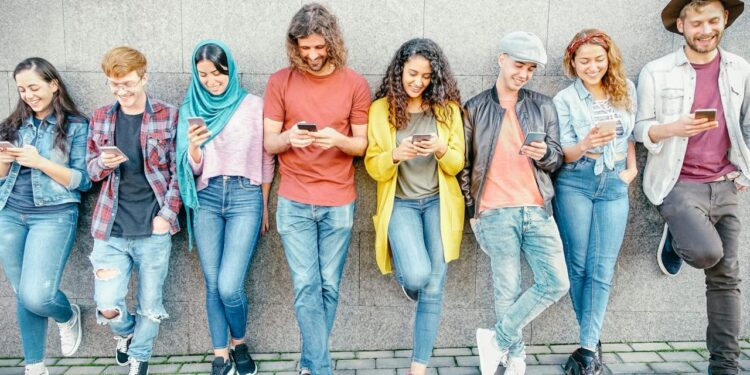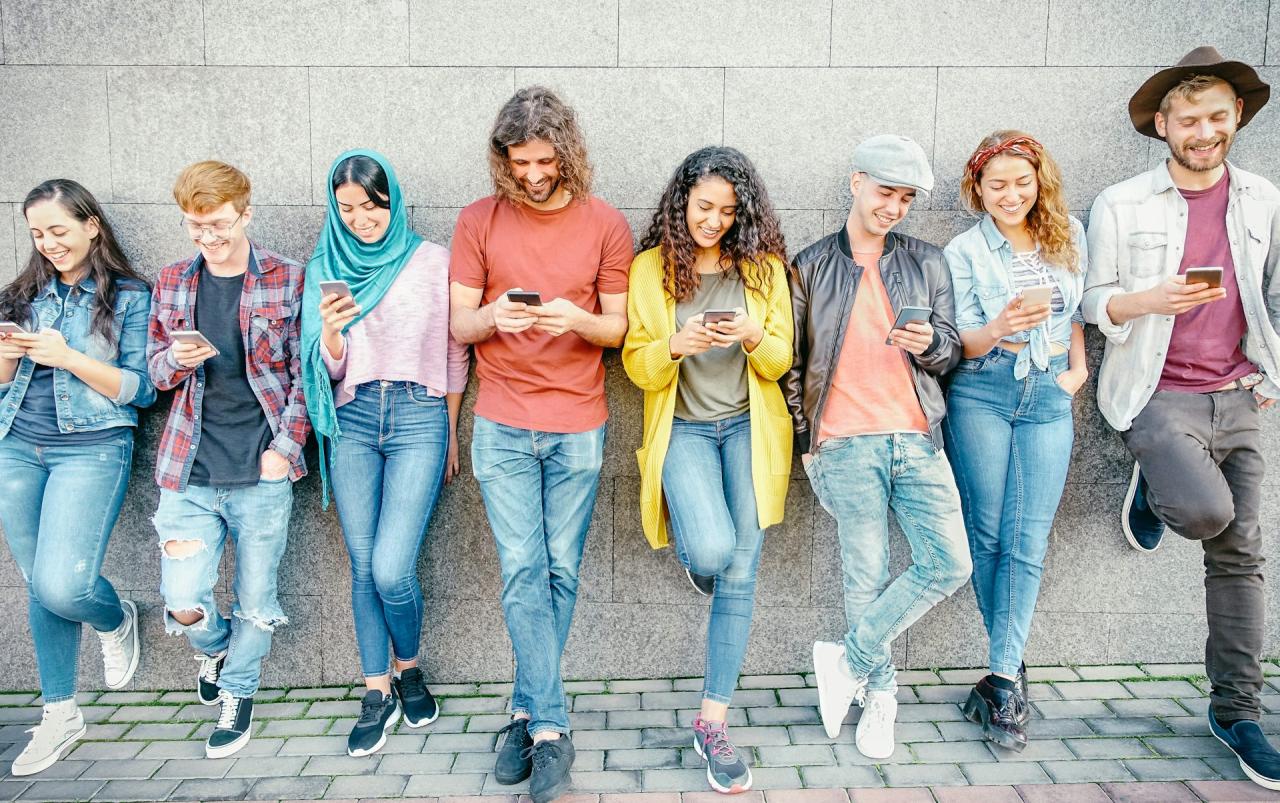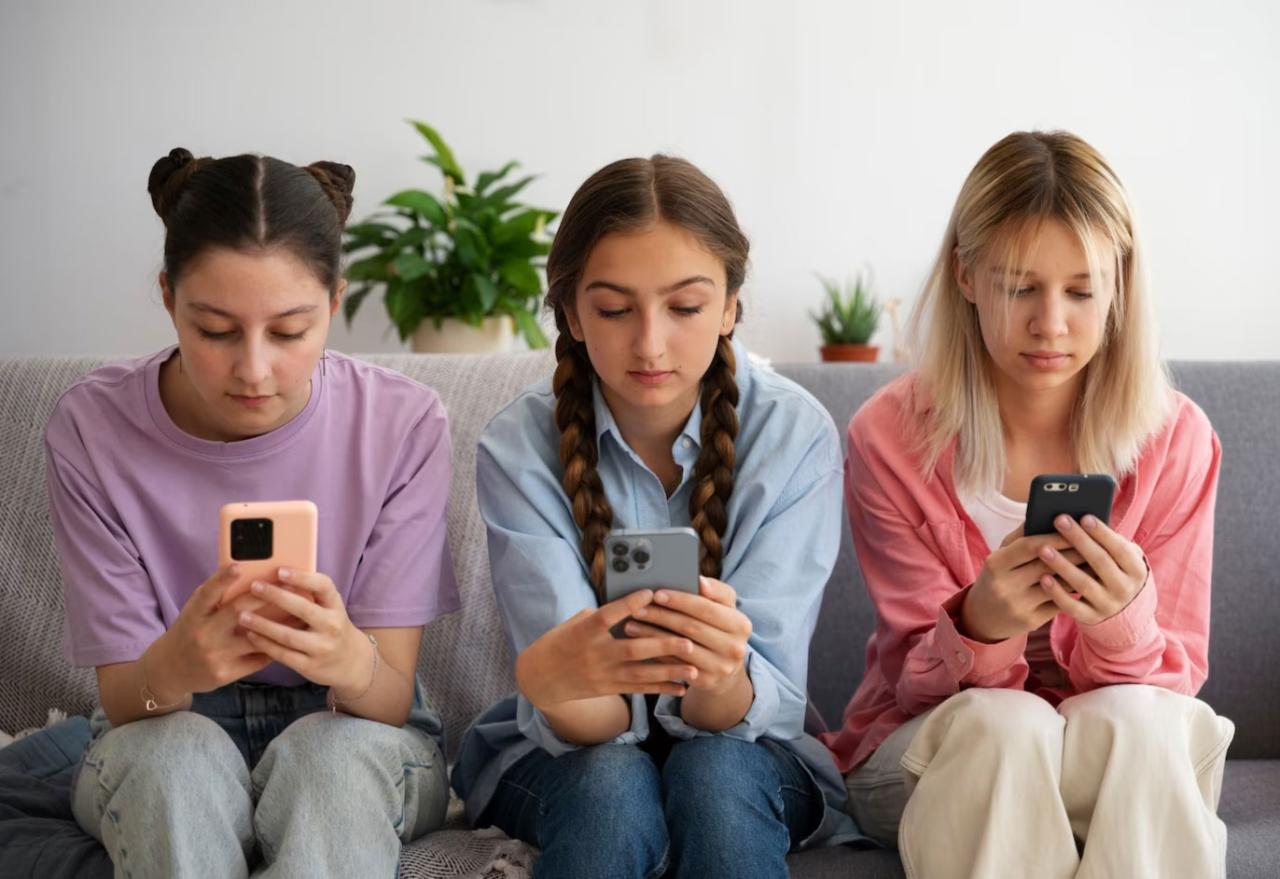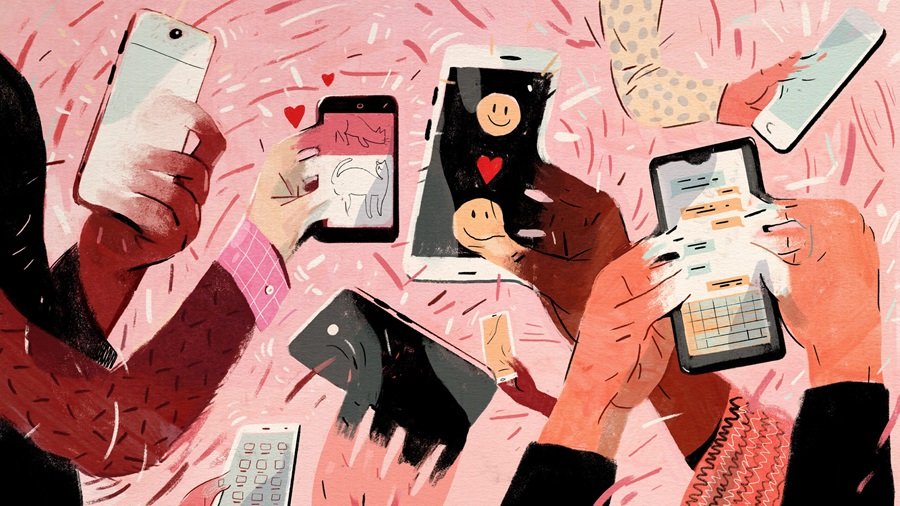Generation Z (born between 1997-2012) is the first truly digital-native generation, growing up with smartphones, social media, and instant access to information. While this connectivity offers advantages, it also creates unique behavioral patterns—some productive, others problematic. This 2,000+ word deep dive reveals Gen Z’s most revealing digital habits, their psychological impacts, and what this means for society’s future.
1. The Always-Online Lifestyle
Gen Z spends an average of 7-9 hours daily on screens—far exceeding other generations. This constant connectivity shapes their worldview, relationships, and mental health.
A. Multitasking Madness
-
Simultaneously texting, scrolling TikTok, and watching YouTube (“split-screen brain”)
-
Studies show this reduces productivity by 40% compared to single-tasking
B. The 24/7 Social Media Cycle
-
Checking platforms 100+ times daily (vs. Millennials’ 30-50)
-
“FOMO” (Fear of Missing Out) drives compulsive refreshing
C. Sleep Disruption from Blue Light
-
60% use phones within 30 minutes of bedtime
-
Result: Chronic sleep deprivation linked to anxiety & poor focus
2. Financial Habits: Digital Natives, Analog Wallets
Gen Z’s approach to money blends tech-savviness with concerning trends.
A. Mobile Payment Dominance
-
73% prefer Venmo/Cash App over physical cash
-
“Invisible money” effect leads to overspending
B. Cryptocurrency & “Get Rich Quick” Mindset
-
1 in 3 have invested in crypto/memes stocks
-
High risk tolerance but often lack financial literacy
C. Subscription Overload
-
Average Gen Zer pays for 6+ monthly subscriptions
-
“Death by $9.99”—small recurring charges drain budgets
3. Mental Health & The Comparison Trap
Constant digital exposure creates unique psychological challenges.
A. “Highlight Reel” Depression
-
Comparing real life to curated social media perfection
-
48% report feeling inadequate after scrolling Instagram
B. Digital Validation Addiction
-
Measuring self-worth in likes, shares, and follower counts
-
“Ghosting” culture harms emotional resilience
C. The Rise of “Therapy Speak”
-
Overusing terms like “gaslighting,” “trauma,” “boundaries”
-
Benefits awareness but risks self-diagnosis & victim mentality
4. Education & Work: The Remote-First Generation
Gen Z’s professional/educational habits reflect digital immersion.
A. Attention Spans & Microlearning
-
Average focus duration: 8 seconds (vs. 12 for Millennials)
-
Preference for TikTok-style educational content
B. Side Hustle Culture
-
56% have freelance gigs (Upwork, Fiverr, OnlyFans)
-
Rejection of traditional 9-to-5 career paths
C. “Quiet Quitting” & Workplace Expectations
-
Doing minimum requirements, rejecting “hustle culture”
-
Prioritizing mental health over corporate loyalty
5. The Privacy Paradox: “I Care, But…”
Gen Z claims to value privacy but behaves contradictorily.
A. Oversharing on Social Media
-
Posting location data, relationships, daily routines
-
Later regretting digital footprints (“digital doppelgänger” effect)
B. VPN Use vs. Data Carelessness
-
Will use VPNs for Netflix region-hopping…
-
…but accept invasive app permissions without reading
C. Facial Recognition Acceptance
-
Comfort with Face ID, Snapchat filters, deepfake apps
-
Unaware of long-term surveillance risks
6. How Gen Z Will Change Society
These habits will reshape culture in coming decades.
A. The Death of Traditional Advertising
-
Ad-blockers, skip buttons, influencer distrust
-
Brands must adopt authentic, value-driven marketing
B. Political Activism Goes Viral
-
TikTok protests, online petitions, digital organizing
-
But also misinformation spread at unprecedented speeds
C. The Physical/Digital Identity Merge
-
Metaverse avatars, NFT profiles, AI companions
-
Blurring lines between IRL and URL existence
Conclusion: A Generation at a Crossroads
Gen Z’s digital habits present both groundbreaking opportunities and serious societal risks. Their tech fluency drives innovation but also enables addiction, financial instability, and mental health crises. The question remains: Will they course-correct or dive deeper into digital dependency?
Tags: Gen Z, digital habits, smartphone addiction, social media, mental health, financial literacy, remote work, privacy, future trends, digital detox














